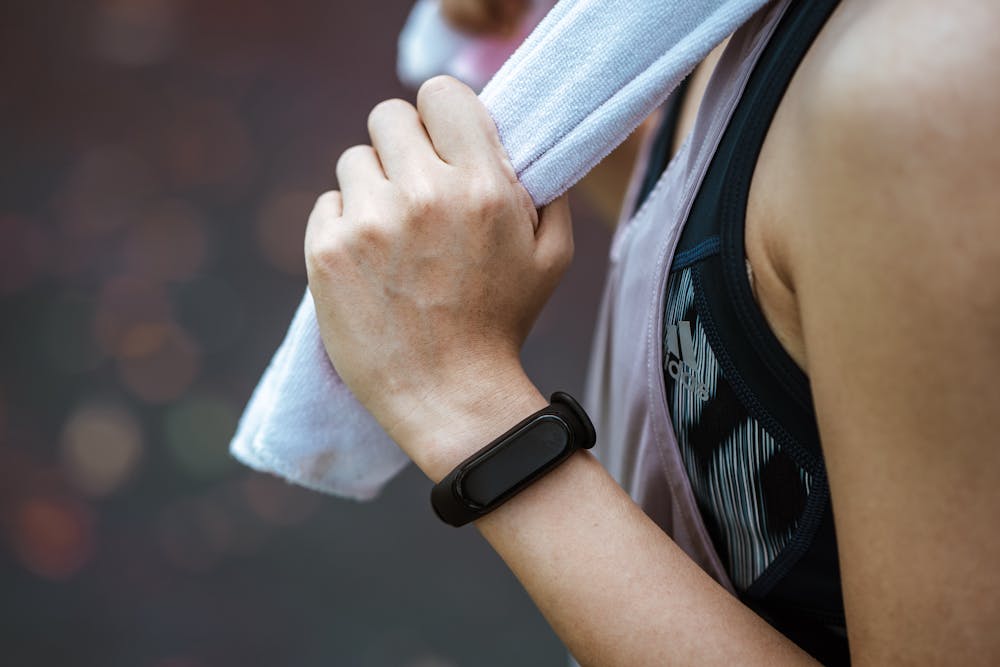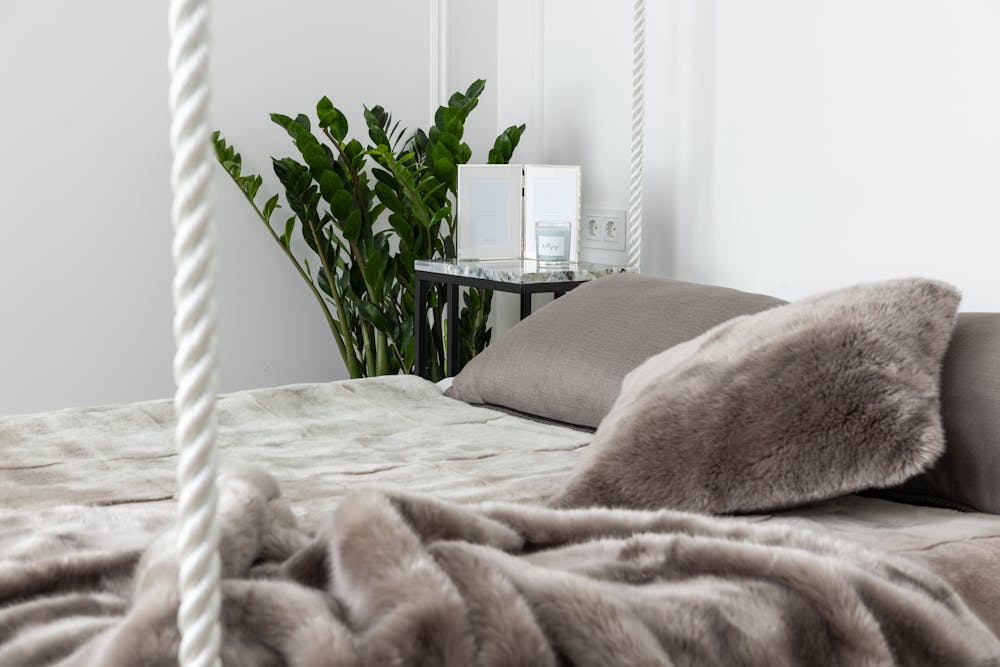As someone who values the importance of a good night’s sleep, I’ve been intrigued by the rise of wearable sleep trackers and their potential to provide insights into our rest patterns. In a world where quality sleep is often sacrificed in the pursuit of productivity and success, these devices offer a promising solution to help us better understand and optimize our sleep habits.
 Wearable sleep trackers come in various forms, from sleek wristbands to discreet rings and even smartwatches. They typically use a combination of sensors, including accelerometers and heart rate monitors, to gather data on our sleep cycles, duration, and quality throughout the night. Some devices even offer additional features such as temperature monitoring and snore detection, providing a comprehensive picture of our sleep environment and habits.
Wearable sleep trackers come in various forms, from sleek wristbands to discreet rings and even smartwatches. They typically use a combination of sensors, including accelerometers and heart rate monitors, to gather data on our sleep cycles, duration, and quality throughout the night. Some devices even offer additional features such as temperature monitoring and snore detection, providing a comprehensive picture of our sleep environment and habits.
 One of the most significant benefits of wearable sleep trackers is their ability to provide personalized insights into our sleep patterns. By analyzing data collected over time, these devices can identify trends and patterns in our sleep behavior, helping us pinpoint factors that may be impacting the quality of our rest. From identifying common disruptions like late-night screen time to tracking the effects of lifestyle changes and stressors, wearable sleep trackers can empower us to make informed decisions about our sleep hygiene and habits.
One of the most significant benefits of wearable sleep trackers is their ability to provide personalized insights into our sleep patterns. By analyzing data collected over time, these devices can identify trends and patterns in our sleep behavior, helping us pinpoint factors that may be impacting the quality of our rest. From identifying common disruptions like late-night screen time to tracking the effects of lifestyle changes and stressors, wearable sleep trackers can empower us to make informed decisions about our sleep hygiene and habits.
 Another advantage of wearable sleep trackers is their ability to track not just the quantity but also the quality of our sleep. By monitoring metrics such as REM (rapid eye movement) sleep, deep sleep, and light sleep stages, these devices can offer valuable insights into the overall health and effectiveness of our rest. Armed with this information, we can make adjustments to our bedtime routines, environment, and habits to promote deeper, more restorative sleep.
Another advantage of wearable sleep trackers is their ability to track not just the quantity but also the quality of our sleep. By monitoring metrics such as REM (rapid eye movement) sleep, deep sleep, and light sleep stages, these devices can offer valuable insights into the overall health and effectiveness of our rest. Armed with this information, we can make adjustments to our bedtime routines, environment, and habits to promote deeper, more restorative sleep.
 Of course, wearable sleep trackers are not without their limitations. While they can provide valuable insights and trends, they may not always be 100% accurate in their measurements. Factors such as movement, positioning, and device placement can all impact the accuracy of sleep tracking data. Additionally, while wearable sleep trackers can provide valuable information, they should not replace professional medical advice or diagnosis for sleep disorders or other health concerns.
Of course, wearable sleep trackers are not without their limitations. While they can provide valuable insights and trends, they may not always be 100% accurate in their measurements. Factors such as movement, positioning, and device placement can all impact the accuracy of sleep tracking data. Additionally, while wearable sleep trackers can provide valuable information, they should not replace professional medical advice or diagnosis for sleep disorders or other health concerns.
 In conclusion, wearable sleep trackers offer a valuable tool for monitoring and optimizing our sleep habits. By providing personalized insights into our sleep patterns and quality, these devices empower us to take control of our rest and make informed decisions about our sleep hygiene and habits. While they may not be perfect, wearable sleep trackers have the potential to revolutionize the way we approach sleep and help us achieve the restorative rest we need to thrive in our daily lives.
In conclusion, wearable sleep trackers offer a valuable tool for monitoring and optimizing our sleep habits. By providing personalized insights into our sleep patterns and quality, these devices empower us to take control of our rest and make informed decisions about our sleep hygiene and habits. While they may not be perfect, wearable sleep trackers have the potential to revolutionize the way we approach sleep and help us achieve the restorative rest we need to thrive in our daily lives.






